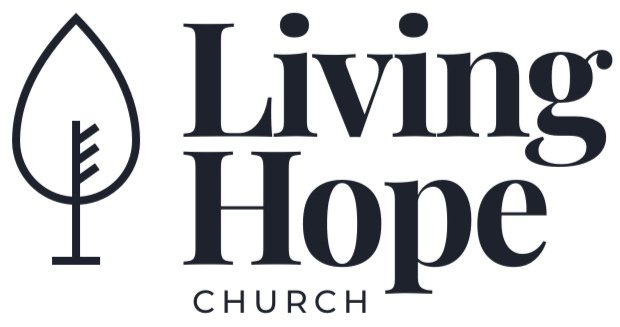Good Friday
Today I am providing another guest post by Tristan. I so wish we could be together this evening for a service. I pray that today you meditate on this most important of days in the ministry of Jesus. Without this suffering, we would have no hope.
On Good Friday, the Church remembers Jesus’ death on the cross. And while it can be a bit off-putting to call something so terrible as death “good”, in this case, that label seems to be the most appropriate term at our disposal if we understand it properly.
There are a number of places where the word “good” is used in Scripture, but it is perhaps most familiar to us in the creation account found in Genesis 1. As God knits together heaven and earth, fills the sky and the sea, allows the dry land to flourish, and, at last, creates man in his own image, there is this refrain: And God saw that it was good. The creation account finds its culmination in verse 31 where the text tells us, And God saw everything that he had made, and behold, it was very good. In the beginning, God creates, and his creation is good. But this “good” isn’t the same “good” that I might use to describe freshly-baked chocolate chip cookies or an evening spent with friends. It is not the bottom tier of the “good, better, best” spectrum. No, this “good” is as good as it gets. In fact, the Hebrew word tov, which we translate “good,” actually has connotations of perfection or wholeness. It is as though God has said about his creation: “My work is complete; it simply cannot be improved upon.”
And this is the same understanding of good warranted by its usage to describe the Friday on which our Savior was crucified. When God declared his creation good, it was in perfect relationship with him. But our sin destroyed this relationship. By violating God’s commandments, we made ourselves unfit to stand in his presence. That is why we need Jesus. Our only hope of returning to the goodness of Eden was through the death of a sinless Savior.
In the account of the crucifixion we learn that, as Jesus breathed his last, the veil of the temple was torn from top to bottom (Mt. 27:51). In the Old Testament, the veil existed to keep the people of Israel from the direct presence of God. It’s not as though God didn’t want to have a relationship with his people. In fact, he created us for loving relationship with him. But, because God is also just, he must respond to sin by punishing it. He knew that, as a sinful people, Israel could not avoid his wrath with their sin unatoned for. The veil was a reminder that there was no way for them to be in right relationship with God on their own. But with Jesus’ death, all of that changed. Jesus is the way to the Father.
In many ways, Jesus’s final words echo those of his Father at creation. As Jesus cries It is finished, he declares once and for all that his work is complete. It is perfect. It cannot be improved upon. Jesus’s death for our sins means that, by believing in him, we are on our way back to Eden, to the new heavens and the new earth, to perfect union with God. And that is good news indeed!
And then let me add another song choice - this one by Andrew Peterson. It is a meditative song that goes through the last words of Christ from the cross, appropriately called “Last Words (Tenebrae).” And because of the large repertoire of songs for this season, here is a great hymn: “There is a Fountain Filled with Blood.”


